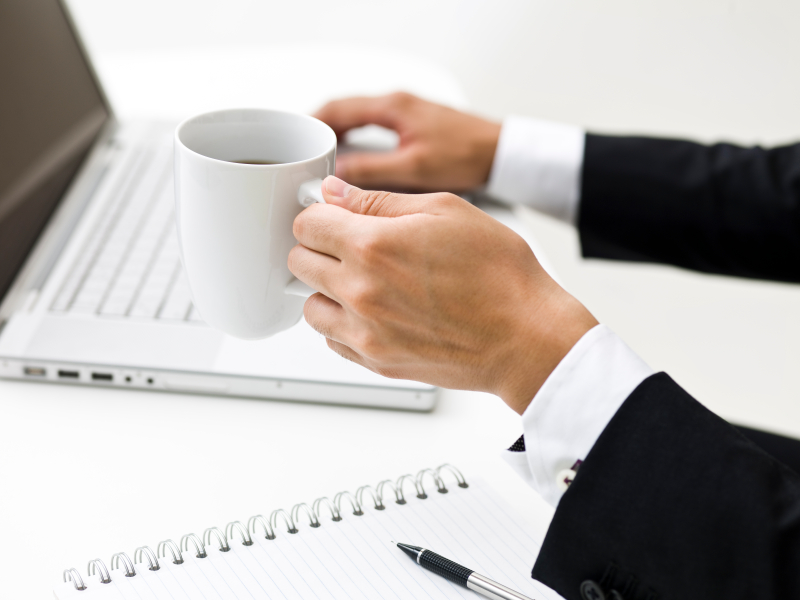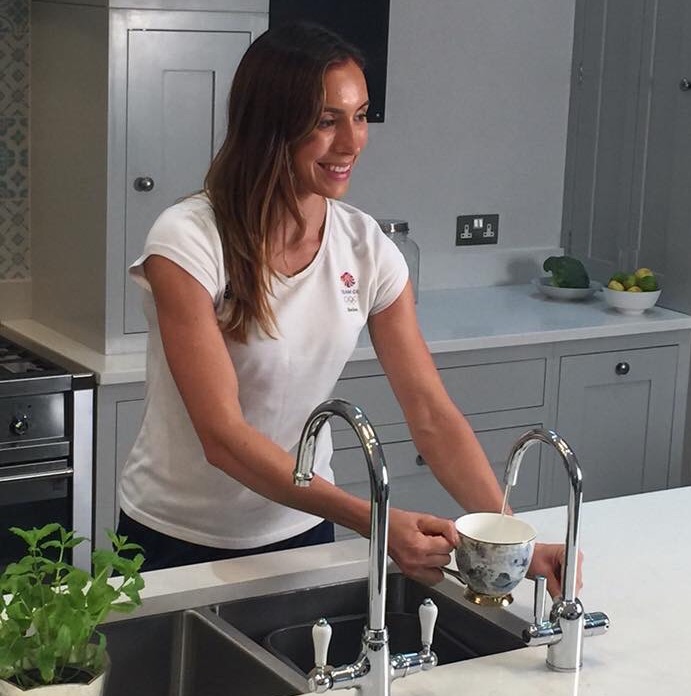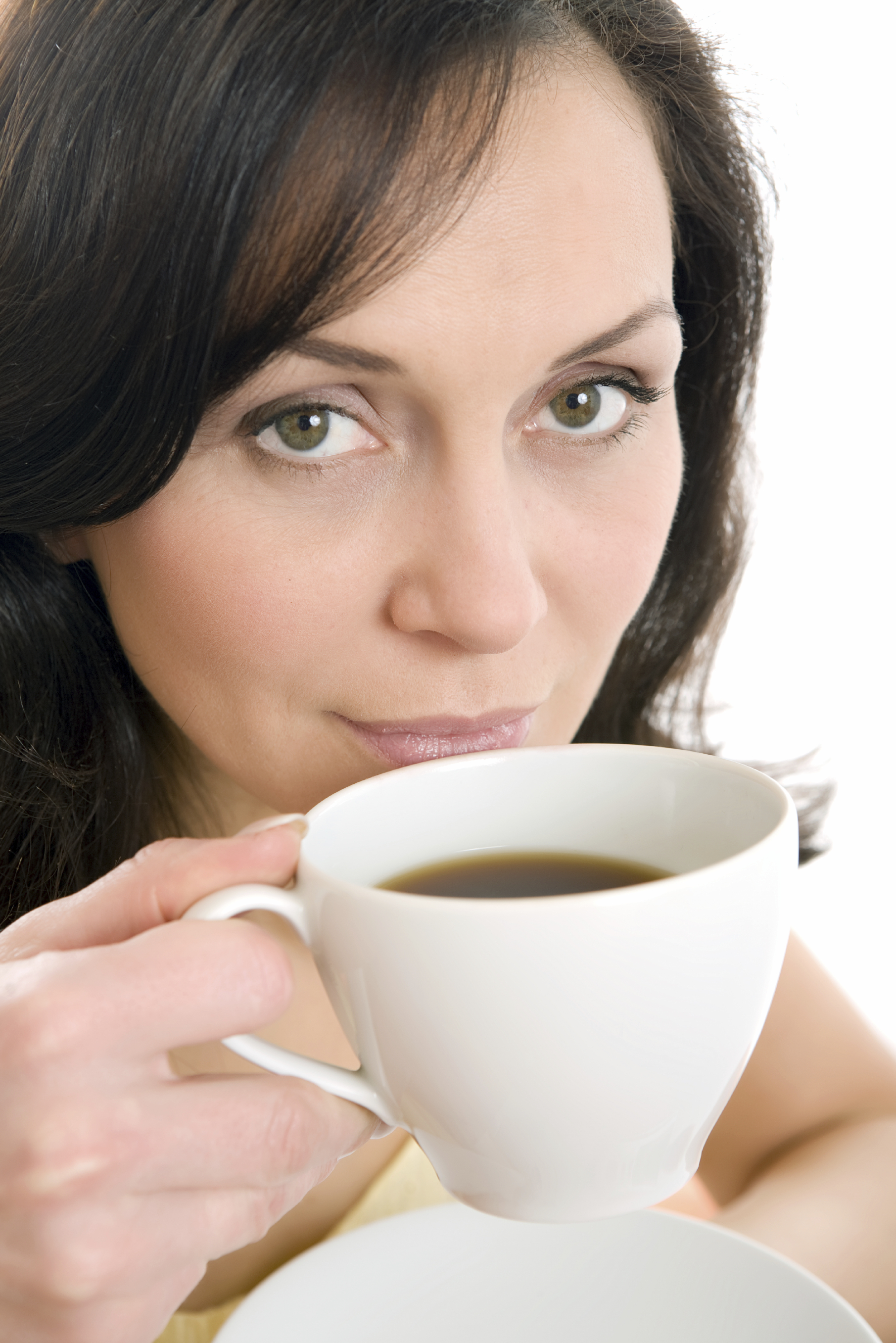Did you know it's National Afternoon Tea Week?
Top tea facts
Did you know this week is National Afternoon Tea Week? We are a nation of tea drinkers and drink 165 million cups of tea a day, which is enough to fill about 20 Olympic swimming pools!
What better way to celebrate this week with the quintessential British tradition of afternoon tea? Afternoon tea involves dainty savouries, sandwiches and slices of home made cake as well as scones, jam and cream! All washed down with a beautiful brew in a china cup, preferably!
In our office we drink tea by the gallon and not just ‘builder’s’ but the whole range of herbal and fruit infusions that are popular in every supermarket. The workplace loves tea whether it's to kick-start the working day, take five in a breakout room or as an afternoon cuppa. The office tea round represents a social element in the workplace and boosts camaraderie as well as health and wellbeing.
So no matter what the weather and our mood, there is nothing quite like a cup of tea to make you feel better. It’s the most popular beverage in the world after plain water; a refreshing and tasty beverage that can be served iced or hot.

Tea is healthy
Expert advice shows that drinking tea can actually boost your health and wellbeing. At the very least, it’s a flavoursome way of getting enough fluid into your body each day.
Which type of tea you drink can make a bit of difference. All non-herbal teas are made from the leaves of the Camellia sinensis plant. The amount of time the leaves are processed determines whether you end up with a green, black or oolong tea. After the leaves are picked, they begin to oxidize—the same chemical reaction that makes your apple, avocado, or banana peel go brown. White tea is the least oxidized tea, followed by green tea and Oolong tea. Black tea undergoes the most oxidization.
Chinese legend holds that the emperor Shen Nong first drank hot water accidentally infused with tea leaves way back in 2737 BC and considered a medicinal draught rather than a casual beverage for centuries later.
Brewing perfection

You may think any old cup of boiled water will do the trick, but different varieties of teas need to be brewed at different temperatures for different amounts of time.
This is where an instant boiling KettleTap comes to the fore. Delivering water at the correct temperature (user selectable) for your chosen tea tipple.
According to the UK Tea & Infusions Association always use freshly drawn boiling water when preparing black tea.
Boiling water (100c) energises the leaf and extracts all the character and value efficiently from the tea. The water temperature for green tea should be around 80c to avoid any bitterness.
In order to draw the best flavour out of the tea the water must contain oxygen, which is reduced if the water is boiled more than once. An instant KettleTap removes the repeat kettle boiling habit and delivers the best flavour.
In some parts of the country where chlorine is high mains-fed water, filtered water ensures the best tasting tea.
Top tea tips
- Tea contains antioxidants, which work to prevent the body’s version of rust and so help to keep us young and protect us from damage from pollution.
- Tea has less caffeine than coffee, by 50%, while herbal blends have no caffeine.
- Tea may reduce your risk of heart attack and stroke. Medical studies showed those who drank four or more cups of green tea daily gained a 32% reduction in risk and also lower LDL cholesterol levels.
- Tea can also help boost the immune system and improve how our cells are performing.
- Herbal teas soothe the digestive system. Herbal teas, in particular chamomile, can be good for people with stomach issues because it is antispasmodic. It is well known that peppermint and ginger teas calm nausea.
- Tea is a great no-calorie alternative to water. It provides so many options for flavour and versatility. You can have it hot or ice cold, and you don’t have to put anything in it, though you might want to add a cinnamon stick or some ginger.
- The first tea bags were made of silk and used by New York tea merchant Thomas Sullivan to send samples to his clients in 1908. Today there is a big move to make bags completely plastic free to stop plastic polluting our environment.
Tea round for the team

It must be time for tea? Ditch the old-fashioned kettle and turn to a KettleTap. Instant boiling water and no waiting time or wasted mains water, just heat what you need. It makes fast work of the team tea round.
Use a reusable keep cup or stylish metal bottle to keep your drinks hot on the go. Saves buying take-away drinks and removes disposable cups that end up in landfill; a great way to remove single-use plastic pollution.




